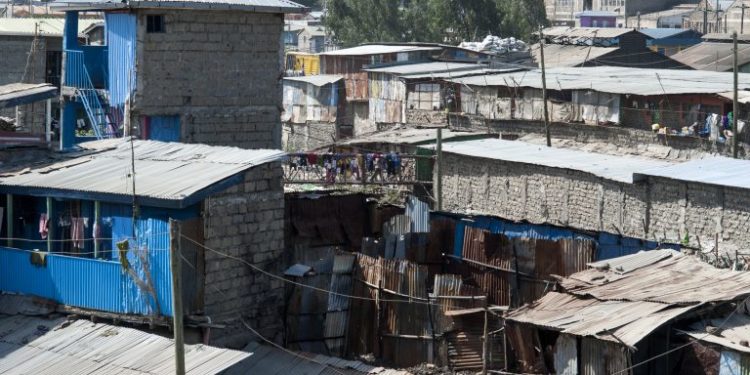The government of Kenya has undertaken numerous slum upgrading housing projects aimed at enhancing living conditions within these areas. These initiatives typically involve constructing new housing units and providing essential services like water and sanitation.
However, the effectiveness of these projects remains limited, primarily due to inadequate planning, insufficient community involvement, and a lack of understanding of the complexities within informal settlements.
Despite these challenges, the pressing need to address the proliferation of slums in Kenya underscores the continued importance of such initiatives for sustainable development.
One of the predominant reasons for the failure of slum upgrading projects in Kenya is the lack of adequate planning. Many of these initiatives are launched without thorough consultation with affected residents, leading to designs and implementations that are disconnected from their needs and preferences.
Moreover, the absence of consideration for the intricate social and economic dynamics within slum communities results in projects that fail to address underlying issues effectively.
Another critical factor contributing to the ineffectiveness of slum upgrading projects is the minimal involvement of residents. Projects initiated without active participation from the community often encounter resistance and lack of ownership, undermining their long-term sustainability.
Community engagement is essential not only for ensuring project relevance but also for fostering a sense of ownership and commitment among residents.
Many slum upgrading projects in Kenya suffer from a fundamental lack of understanding of the existing informal settlements. Without a comprehensive grasp of the unique challenges and dynamics within these communities, initiatives fail to address root causes of poverty and insecurity.
To be effective, projects must be informed by thorough assessments of local conditions and tailored to address the specific needs of each settlement.
In addition to internal challenges, the coordination between different agencies involved in slum upgrading projects is often inadequate. This leads to disjointed efforts, duplication of resources, and a lack of coherence in project implementation.
Improved coordination among relevant stakeholders is essential for maximizing resources, enhancing project efficiency, and garnering support from residents.
Despite the persistent challenges facing slum upgrading projects in Kenya, their importance remains undeniable. As the country grapples with the rapid growth of informal settlements, addressing the living conditions of slum residents becomes increasingly urgent.
To realize sustainable development goals, it is imperative for the government and stakeholders to prioritize robust planning, community engagement, and holistic understanding of informal settlements in the design and implementation of slum upgrading initiatives.
Only through concerted efforts and comprehensive approaches can Kenya effectively improve the lives of its slum residents and pave the way for inclusive development.


















